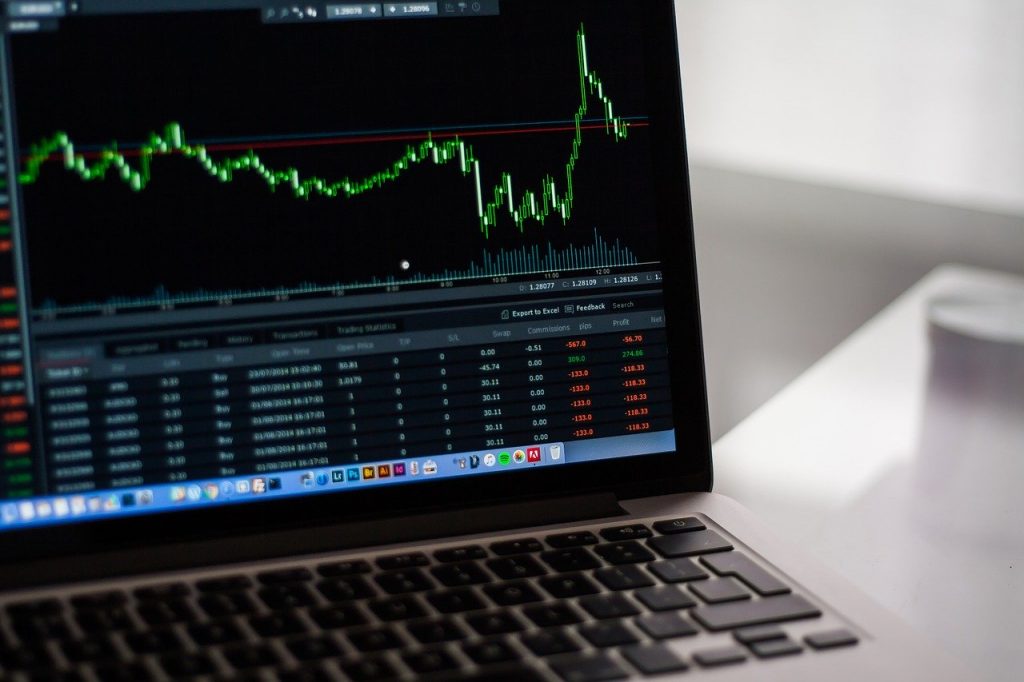Typically lagging behind on the global market scene, European stocks have shown tremendous gains in the past couple of months, more than double the growth of their US counterparts

Image: pixabay.com
Germany’s DAX index and France’s CAC 40 have risen over 18% within the past three months, more than double the 8.5% gain registered for the S&P 500 and six times more than Nasdaq Composite’s 3.12%. The UK’s benchmark FTSE 100 has also surged, almost reaching a record high.
The growth signifies investors’ confidence about investing in European markets despite the anxieties over a possible energy crisis and escalation of the Russian war in Ukraine. Recently, traders poured their largest two-week sum (over $188 million) into UK stock funds since June.
The reasons for optimism
An optimistic attitude is explained by several factors. Firstly, the winter in Europe proved to be extremely warm, neglecting the fears of energy issues. Secondly, inflation slowed down in major economies and consumer prices eased their abnormal surge pace.
Another reason for the European stock market’s resilience is that, unlike the US, it is not dominated by the growth stocks such as Big Tech firms or crypto startups. Instead, European investors concentrate on value stocks, such as banks, retailers and energy companies. Those enterprises tend to withstand all economic crises, boosting overall market strength.
Besides, the weak euro and the British pound against the dollar made European stocks much cheaper, thus, more attractive to some investors. When the currencies made a turnaround, dollar-based investors saw enhanced return rates.
Finally, the unexpected easing of China’s Covid-19 restrictions boosted many travel and retail stocks, as Chinese consumers are expected to increase their overseas spending.
SEE ALSO:
Lyft Stock Lost Three-Quarters of its Valuation This Year
Australian Stock Exchange Postpones Blockchain Plans
WB Trading Shares How Forex Trading Differs From Other Types Of Stock









